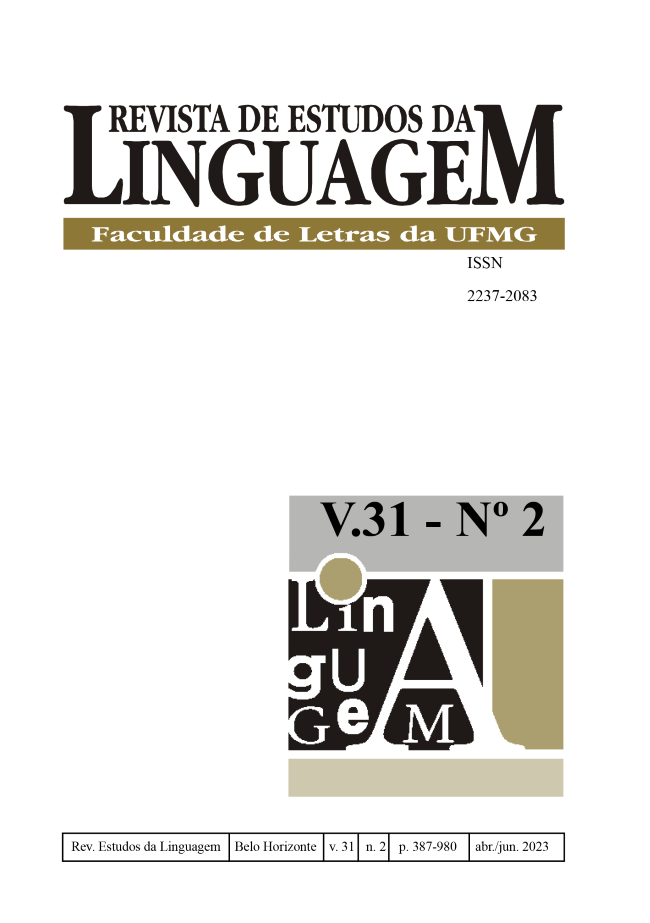Linguistic attitudes and ideologies in Spanish Sign Language
beliefs of deaf people in the face of variation in their language
DOI:
https://doi.org/10.17851/2237-2083.31.2.947-980Keywords:
Variation, attitudes, corpus, Spanish Sign Language, language planningAbstract
The objective of this study is to know deaf signers linguistic attitudes and ideologies in Spanish Sign Language (LSE) towards variation in their language. To achieve this, the responses to two questionnaires, one sociolinguistic and the other diachronic, of 54 informants of different ages and geographical areas of Spain, extracted from a reference corpus of LSE, have been qualitatively analysed using a mixed design. The answers (given in LSE and therefore recorded on video) are presented in three topics: which variety of language is considered the most correct? How do they assess the influence of the oral contact language? And what perception do they have towards linguistic changes and variation? The study carried out on the attitudes of these deaf people towards variation in LSE confirms that we are dealing with a language which, despite having some special sociolinguistic characteristics (non-oral, associated with disability and unwritten), behave accordingly to the topics of linguisticattitudes of minority and minority official languages.




 Esta obra está licenciada com uma Licença
Esta obra está licenciada com uma Licença 